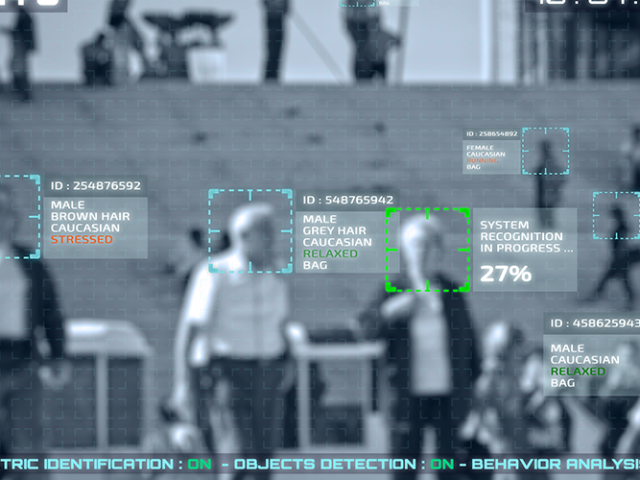For many, engineering is not just a career choice; it’s a calling that starts with a deep-rooted passion for innovation, problem-solving, and design. Transforming this passion into a lifelong profession not only ensures a fulfilling career but also pushes the boundaries of what is possible within the field of engineering. This guide explores how to identify your passion, pair it with engineering, and ultimately find a role that allows you to live it every day.
Countless engineers have found their calling in a childhood hobby or a cause they hold dear. This is the story of how an enthusiasm for technology, a commitment to sustainability, or a dedication to improving lives can shape not just a career path but the future of engineering. It’s about aligning your professional life with what excites you most and making a tangible difference through your work.
For example, consider a software engineer whose early love for video games led them to develop educational software that now helps millions of children learn coding. Their passion for gaming became the bedrock for a career that combines play with education and technology.
Identifying your passion
Understanding what you love is the first step towards making it your career. This might come from a childhood fascination with taking things apart and putting them back together, a commitment to sustainable living, or a love for cutting-edge technology. To pinpoint your passion, reflect on activities that make you lose track of time or consider problems you are naturally drawn to solving. For instance, if you always have been interested in renewable energy and its potential, this could be a sign that your passion lies in creating a more sustainable future.
The journey starts with introspection. You may find your passion reflected in the project’s you tinker with during your free time or the topics that stir heated discussions among friends. Perhaps you’ve always been intrigued by the way structures stand or fall. A hobby of building model bridges, for example, isn’t just a pastime; it can also be a precursor to a future role as a structural engineer working on earthquake-resistant buildings.
Pairing your passion with engineering
Once you’ve identified your passion, the next step is to explore how it can intersect with engineering. This is where the versatility of engineering as a field truly shines. For those drawn to environmental concerns, civil or environmental engineering can be the path to developing green infrastructure or renewable energy solutions. If robotics captures your imagination, mechatronics or robotics engineering can provide the avenue to bring intelligent machines to life. The key is to match the discipline of engineering with the problems you are most passionate about solving.
Engineering is a prism that reflects various interests into practical careers. If you are passionate about the environment, for instance, a degree in chemical engineering can be the first step towards pioneering biodegradable materials. A concern for the planet can readily translate into a career in creating sustainable packaging solutions that reduce waste and pollution, for example.
Finding a role within your passion
With a clear direction in mind, the final step is to seek out specific roles and opportunities that align with your interests. This could mean joining a company like Tesla to innovate in electric vehicles, or it might involve working at a start-up that’s developing biomedical devices to improve healthcare outcomes. Consider internships, cooperative education programmes, or project-based roles that provide exposure to your area of interest. Engage with professional networks and forums, attend industry conferences, and seek mentorship to navigate towards roles that resonate with your passion.
The quest for a role that fits your passion requires diligence. Internships, for example, can provide a preview into different sectors. You might turn a hobby of drone flying into a career by interning with an aerospace company, where you can now design drone propulsion systems. Networking is equally crucial. Attending industry meet-ups and joining online forums might lead you to discover a start-up where you can be a part of a team revolutionising solar power storage.
Conclusion
Converting a passion into a career is a journey of self-discovery, education, and persistent searching for the right opportunities. In the realm of engineering, where the possibilities are as vast as the challenges society faces, aligning your passion with your profession not only leads to personal satisfaction but also contributes to advancing the world of engineering. Whether it’s through developing sustainable materials, innovating in the field of renewable energy, or contributing to the next generation of AI, the pathway from passion to profession is there for the taking.




